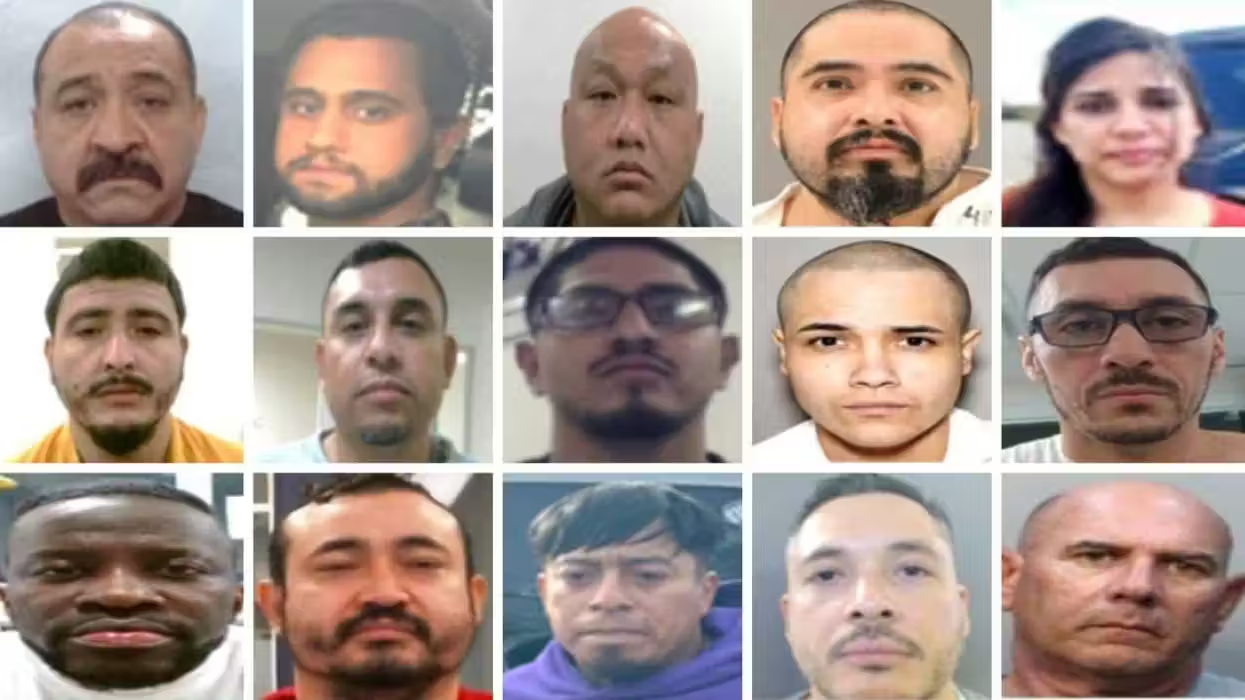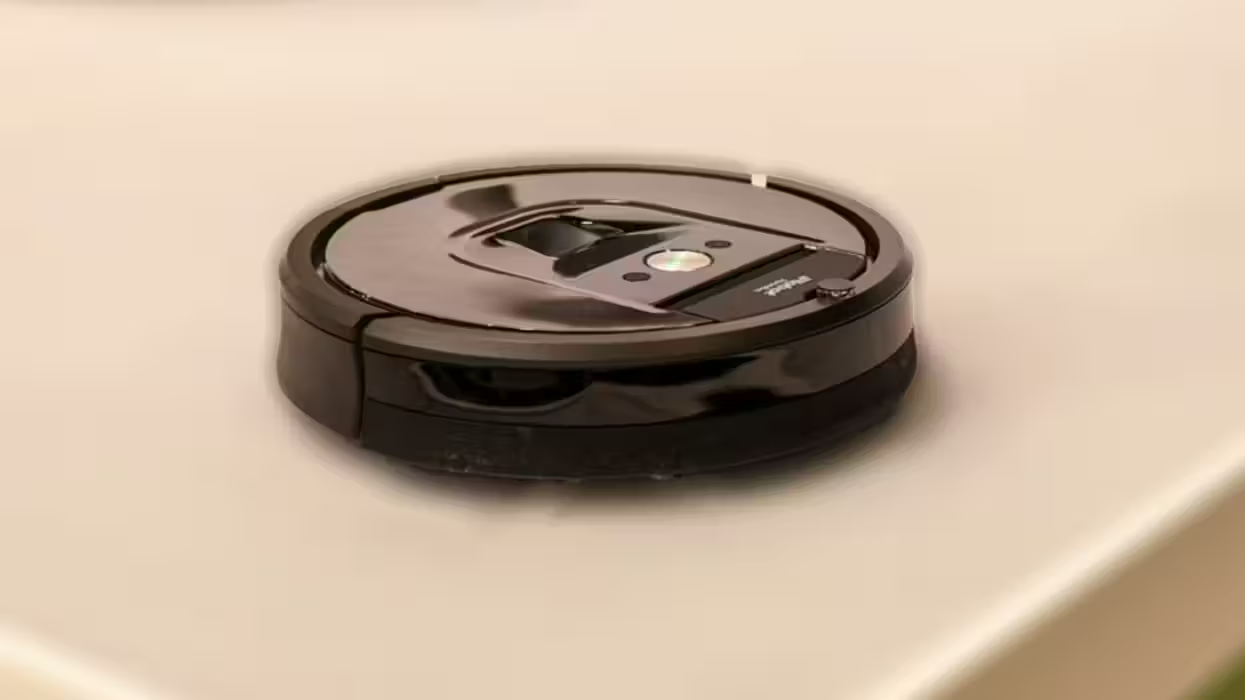
© 2025 Blaze Media LLC. All rights reserved.
Will These Next-Gen Surveillance Cameras in Calif. Detect Crime Before It's Even Committed?
June 05, 2012
"...detects and tracks subjects, characterizes their appearances and properties, classifies them, learns the patterns of behavior they exhibit..."

If you've seen the 2002 science-fiction film "Minority Report," you're familiar with the idea of predicting and stopping crimes before they even happen. Now, a decade after the movie came out, we're one step closer to making this sort of preemptive crime fighting a reality.
BRS (Behavioral Recognition Systems) Labs is deploying surveillance cameras with technology that can detect certain behaviors in San Francisco subway systems. According to Fast Company, the San Francisco's Municipal Transit Authority's contract is for 12 subway stations to be outfitted with the cameras that use algorithms to target potentially criminal behavior. Here's how it works:
Servers connected to security cameras observe locations for weeks at a time and then establish a baseline of “normal” behavior based on this timespan; anomalous activities afterwards (loitering, abandoned packages, abnormally high/low numbers of passengers) trigger an alert. No tripwires or programming of initial parameters are required.[...]
In an interview with Fast Company, BRS Labs President John Frazzini said that the company's AIsight behavior recognition product relies on 11 patents related to computer vision technology and surveillance imagery. BRS's patents primarily deal with the intersection between computer vision and machine learning; video footage grabbed by MUNI cameras will be automatically translated into code for real-time processing. Clips of anomalous activity are dispatched to MUNI employees automatically; SMS text message alerts are also sent to staffers' mobile phones.
[...]
Another unique aspect of BRS's product is the fact that it heavily relies on timestamps and time recognition. Behavior and objects are coded according to the times of day or days of the week in which they most frequently occur; the velocity, acceleration, and path of customers passing through a station are analyzed as well. Spatial anomalies and classification anomalies are taken into account as well.

Each of the 12 stations involved will include 22 of these next-generation "Big Brother" cameras. So far, the AISight technology, which according to Fast Company is mostly used for preventing terrorist activities, installed in other areas has been shown to reduce muggings and "subway perverts."

Earlier this year, BRS Labs received a patent for its AISight 3.0 video surveillance software platform, which according to the press release "accepts video streams from standard cameras, detects and tracks subjects, characterizes their appearances and properties, classifies them, learns the patterns of behavior they exhibit, remembers those patterns, recognizes behaviors that deviate from those patterns, and alerts the user about those events in real time."
“The video surveillance technology we have invented is distinctly and materially different from the simple recognition capabilities found in video analytics solutions currently available from a number of vendors in the physical security market,” Frazzini said in a statement. “Generally speaking, video analytics software receives video data from cameras, and issues alerts based on very specific and narrowly defined human programmed rules that have failed to provide operational value in the video surveillance market. In strong contrast to those limited and deteriorating solutions, the patented technology of BRS Labs does not require any human pre-programmed rules, thereby providing an inherently scalable enterprise class software platform to the video surveillance market.”
In addition to installing the equipment in San Francisco, other BRS clients include government, tourist attractions, military bases, and private industry. Some of them are the City of Houston, Boeing, and the Nuclear Regulatory Commission. Fast Company also notes that it appears a pilot program using BRS Labs technology will also be installed at the new World Trade Center.
(Related: 'Never been done before': A peek at the technology that will guard the World Trade Center)
Even with the potential to thwart terrorist plots and other more petty crimes, Mobiledia notes that as other forms of "Big Brother" have been met with public backlash, so too could this technology "come at a great cost to public privacy."
What are your thoughts?
If you have never seen Minority Report, check out this futuristic look at crime fighting from the film's trailer:
[H/T Daily Mail]
Want to leave a tip?
We answer to you. Help keep our content free of advertisers and big tech censorship by leaving a tip today.
Want to join the conversation?
Already a subscriber?
more stories
Sign up for the Blaze newsletter
By signing up, you agree to our Privacy Policy and Terms of Use, and agree to receive content that may sometimes include advertisements. You may opt out at any time.
Related Content
© 2025 Blaze Media LLC. All rights reserved.
Get the stories that matter most delivered directly to your inbox.
By signing up, you agree to our Privacy Policy and Terms of Use, and agree to receive content that may sometimes include advertisements. You may opt out at any time.






